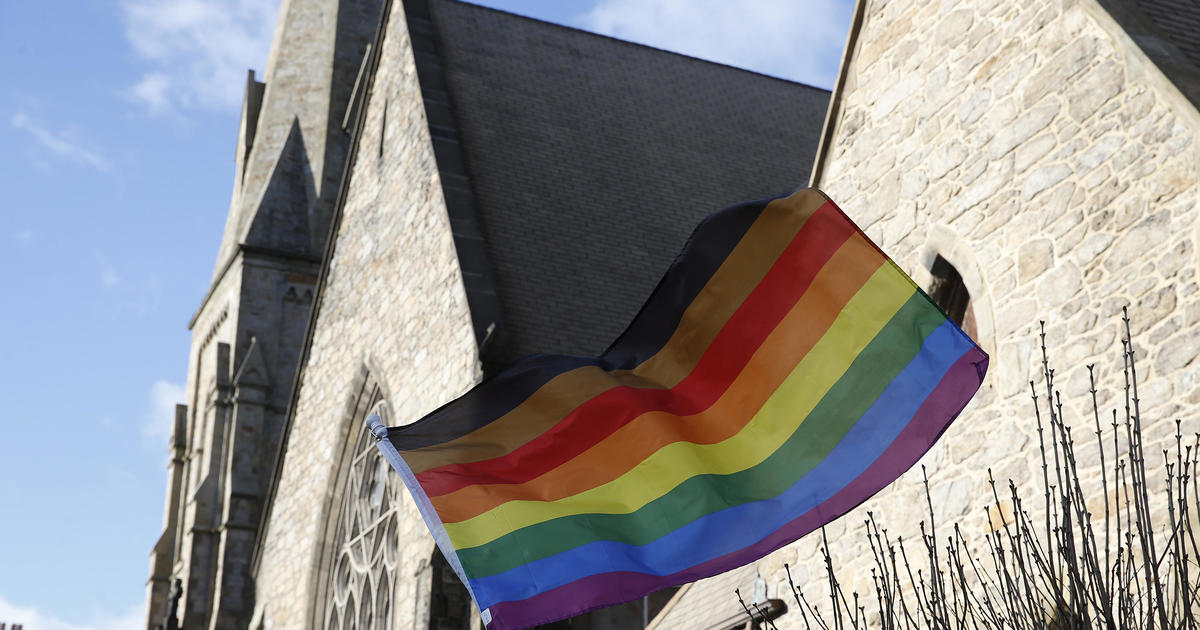Patients getting slammed by surprise costs related to COVID-19
COVID-19 can do more than torment patients physically. It also clobbers some financially.
Even though many insurers and the U.S. government have offered to pick up or waive costs tied to the virus, holes remain for big bills to slip through and surprise patients.
People who weren't able to get a test showing they had the virus and those who receive care outside their insurance network are particularly vulnerable. Who provides the coverage and how hard a patient fights to lower a bill also can matter.
There are no good estimates for how many patients have been hit with big bills because of the coronavirus. But the pandemic that arrived earlier this year exposed well-known gaps in a system that mixes private insurers, government programs and different levels of coverage.
"There are in our system, unfortunately, lots of times when people are going to fall through the cracks," said Sabrina Corlette, co-director of Georgetown University's Center on Health Insurance Reforms.
More than 7 million people have had confirmed cases of COVID-19 since the virus started spreading earlier this year in the United States, according to Johns Hopkins University.
The vast majority of those patients will incur few medical costs as they wait for their body to fight off mild symptoms. But patients who visit emergency rooms or wind up hospitalized may be vulnerable financially.
No test, no coverage
Melissa Szymanski spent five hours in a Hartford, Connecticut, emergency room in late March and wound up with bills totaling about $3,200.
The problem: The 30-year-old elementary school teacher couldn't get a test even though she was fighting a fever and her doctor wanted a chest X-ray. At the time, the hospital was limiting tests, and she didn't qualify.
Szymanski was never diagnosed with COVID-19 at the hospital and her insurer, Anthem BlueCross BlueShield, said she would have to pay the high deductible on her plan before coverage started.
The bill left her flabbergasted.
"I was surprised that I got a bill because it just so clearly seemed to be COVID," said Szymanski, who also shared her story with the nonprofit Patient Rights Advocate.
Szymanski later got a blood test that showed she had the virus, and she's working to reduce the bill.
Medicaid picked up all costs
Mary Lynn Fager also got sick in late March from a suspected COVID-19 case, and she has not received a single bill. Fager spent four days in a hospital on oxygen and has had several doctor appointments.
She eventually asked someone at the hospital about the cost, and they said she shouldn't receive any bills. Fager had lost her job in March and qualified for New York's Medicaid coverage program. She said it picked up all the costs.
"I couldn't believe it," she said. "Even when I couldn't breathe, that was in the back of my mind the whole time I was there. I was thinking about the hospital bills."
Separately, the federal government has said it will reimburse hospitals that treat uninsured patients for COVID-19. And 78 insurers have waived expenses like deductibles or copayments for individuals covered by their plans, according to the Kaiser Family Foundation.
Many large employers that pay their own health care costs have done the same thing. But these waivers are not universal, and they have limits. Some will expire later this year.
The waivers also may be good only for care sought within an insurer's network of doctors and hospitals.
"If you get any out-of-network care for COVID ... you could be looking at big bills," said Karen Pollitz, a senior fellow with Kaiser.
Even insured patients who wind up at an in-network hospital could get smacked financially. There's no guarantee that every doctor treating that person also is in their insurance network.
It can sometimes take months for hospital claims to be processed, so it's too early to know how many patients are slipping through these coverage cracks, said Matthew Eisenberg, an economist at the Johns Hopkins Bloomberg School of Public Health.
Look before you pay
If a large bill does arrive, patients shouldn't immediately pay. First, ask questions and check for errors.
Hospitals that received federal money to help with coronavirus-related expenses or lost revenue aren't supposed to send so-called surprise bills to patients who receive out-of-network care. Anyone who receives such a bill should ask if the hospital got that help.
Georgetown's Corlette also noted that hospital billing departments are adjusting to processing COVID-19 claims. Some may have used the wrong code or made another error.
"There are reasons why both the provider and the insurer may say, 'Oops, we made a mistake,'" she said.
Szymanski figures she made more than 20 phone calls and emails over the past five months fighting the coverage decision on her care.
She finally made progress after contacting the state insurance department. Szymanski said state regulators helped her get an additional $2,900 taken off the bill, and she hopes to have the rest covered as well.
Aside from fighting a coverage decision or questioning a bill, patients should also seek help, said Elisabeth Benjamin, a vice president with the Community Service Society of New York, which helps people deal with medical bills.
"It's important to ask for financial aid or for the copay to be forgiven in this one circumstance because you are in tighter straits right now," she said. "I think many providers want to do the right thing."
"Tricky stuff"
Benjamin said patients were frustrated early in the pandemic because hospital billing offices weren't even answering the phone. Now, she's seeing a wave of cases where people are surprised by bills from out-of-network care.
"It's really tricky stuff," she said. "It's sad that our health care system requires people to be experts in how it works and how the billing processes work."
A separate analysis, published in May by the Urban Institute and the Robert Wood Johnson Foundation, estimated that by the end of the year, 10.1 million people would no longer have employer-sponsored health insurance as a result of losing a job due to COVID.
Since the pandemic hit the U.S., more than 6 million Americans have lost health insurance they'd previously had through their work. And when you take into account spouses and children, the number of those affected climbs to more than 12 million, according to new research.
"Because most U.S. workers rely on their employer or a family member's employer for health insurance, the shock of the coronavirus has cost millions of Americans their jobs and their access to health care in the midst of a public health catastrophe," according to Josh Bivens, director of research at the Economic Policy Institute, a left-leaning think tank.
With more than half of Americans relying on an employer for health insurance, the prospect of mass layoffs during a pandemic creates a potential public health crisis, other researchers have noted.



